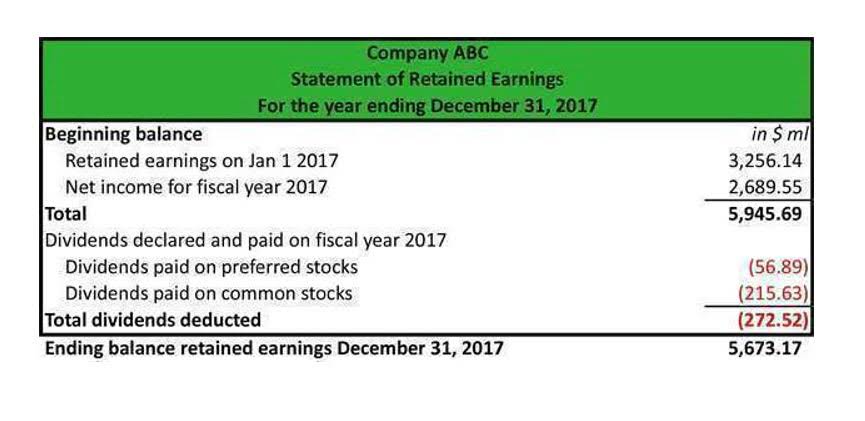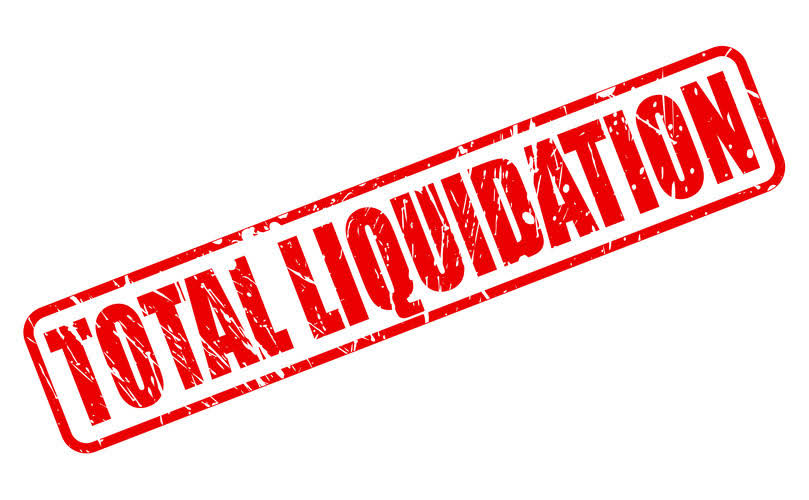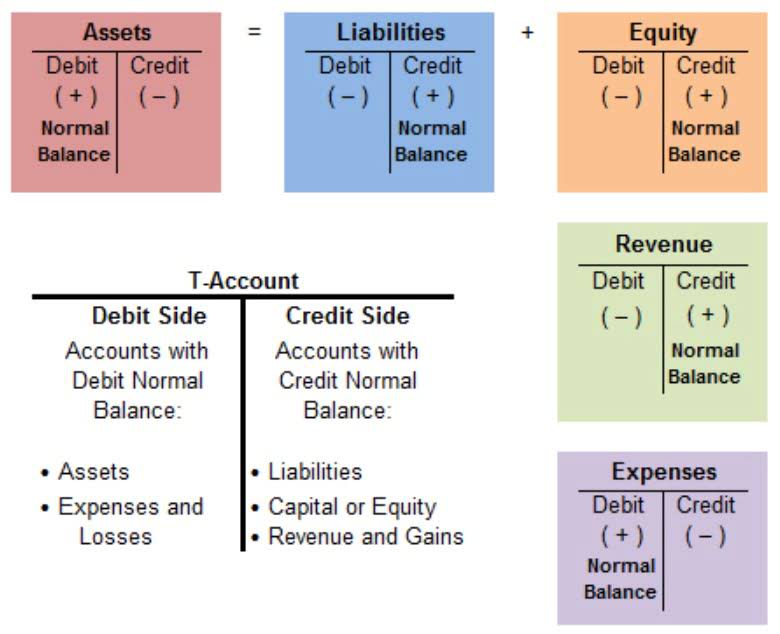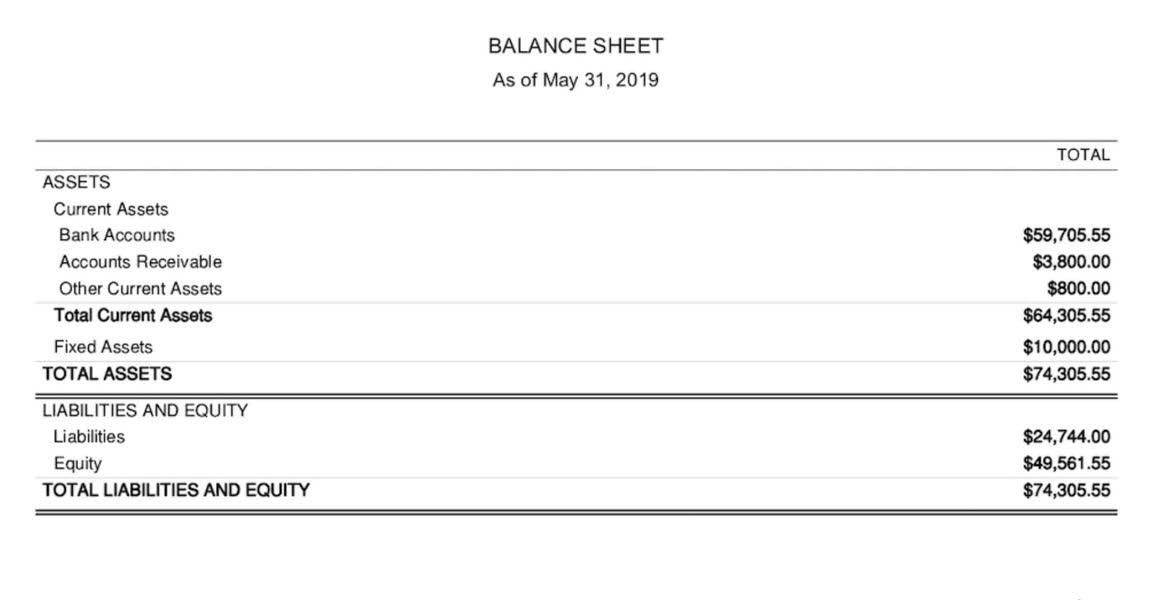Bookkeeping basics: A guide for small businesses

Bookkeeping involves a series of systematic steps to manage the financial data of bookkeeping for painters a business effectively. Whether you do the bookkeeping yourself or hire someone to do it, certain elements are fundamental to properly maintaining the books. Some of these elements are done more regularly than others to ensure that the books are always up to date.
- The next step is to decide between single-entry and double-entry bookkeeping systems.
- These bookkeeping tips and best practices will help your business improve its financial recordkeeping.
- After the cash account, there are the inventory, receivables, and fixed assets accounts.
- If you’re not sure how to set your prices, you can get started in this guide on how much to charge for bookkeeping services.
Small Business Bookkeeping (2024 Guide)

It’s a great choice if you’d like to manage your finances from anywhere and won’t require additional assistance. A financial advisor or accountant can provide you with some guidance on the best type of bookkeeping software for your business. Financial transactions are business activities that involve money, such as sales, expenses, and payments. Recording and organizing these transactions in a timely manner is essential for effective bookkeeping. Inventory is the stock of goods a business has on hand or in transit, waiting to be sold. The value of inventory can significantly impact a company’s financial statements, so accurate tracking and management is vital.

Preparing Basic Financial Statements
- A bookkeeper ensures that all transactions are accurately recorded, which helps in preventing errors and fraud that can lead to significant financial discrepancies.
- The purchases account on the chart of accounts tracks goods purchased.
- Your bookkeeper should create separate categories in your records for all of these contribution types to track them accurately.
- However, your bookkeeper can generate internal management reports for your business.
- While spreadsheets work in the short term, it’s best to switch to a specialized accounting platform when you can.
- Depending on the type of accounting system used by the business, each financial transaction is recorded based on supporting documentation.
- Bookkeeping in a business firm is an important, but preliminary, function to the actual accounting function.
Business owners or accountants can then use these statements to gain insight into the business’s financial health. Bookkeeping is the process of recording and organizing your business’s financial transactions. It tracks your income and expenses, ensures accuracy in your financial records, and helps you understand your financial health.
- When an effective bookkeeping system is in place, businesses have the knowledge and information that allows them to make the best financial decisions.
- She brings practical experience as a business owner and insurance agent to her role as a small business writer.
- That said, I don’t recommend making it difficult for clients to end the agreement if things aren’t working out.
- These tools for accountants have not just been adopted to simplify routine tasks; they now represent a continued and growing shift in the accountant’s role – from data entry to strategic advisory.
- Then, armed with this data, professional accountants take over, sorting and organizing the extensive information to create meaningful, structured reports that provide in-depth financial insights.
- This kind of secure accessibility is beneficial for enterprises with multiple locations or those that operate remotely.
Why Is Bookkeeping Important for a Business?

Your general ledger should be up to Accounting for Churches date so that your bookkeeping software is able to provide functionality that you can navigate easily. QuickBooks is an excellent option for novice and seasoned digital bookkeepers alike. Revenue is all the income a business receives in selling its products or services. Costs, also known as the cost of goods sold, are all the money a business spends to buy or manufacture the goods or services it sells to its customers.

A cash register is an electronic machine that is used to calculate and register transactions. The cashier collects the cash for a sale and returns a balance amount to the customer. Both the collected cash and balance returned are recorded in the register as single-entry cash accounts. Cash registers also store transaction receipts, so you can easily record them in your sales journal.

How Does an Accountant Work With Financial Data?
From there, the total pay is determined with the applicable taxes and withholdings. In the accounting software, the primary journal entry for total payroll is a debit to the compensation account and credits cash. Though often confused for each other, there are key differences between bookkeeping and accounting. At its core, bookkeeping is about recording financial data, contribution margin while accounting is about interpreting financial data.